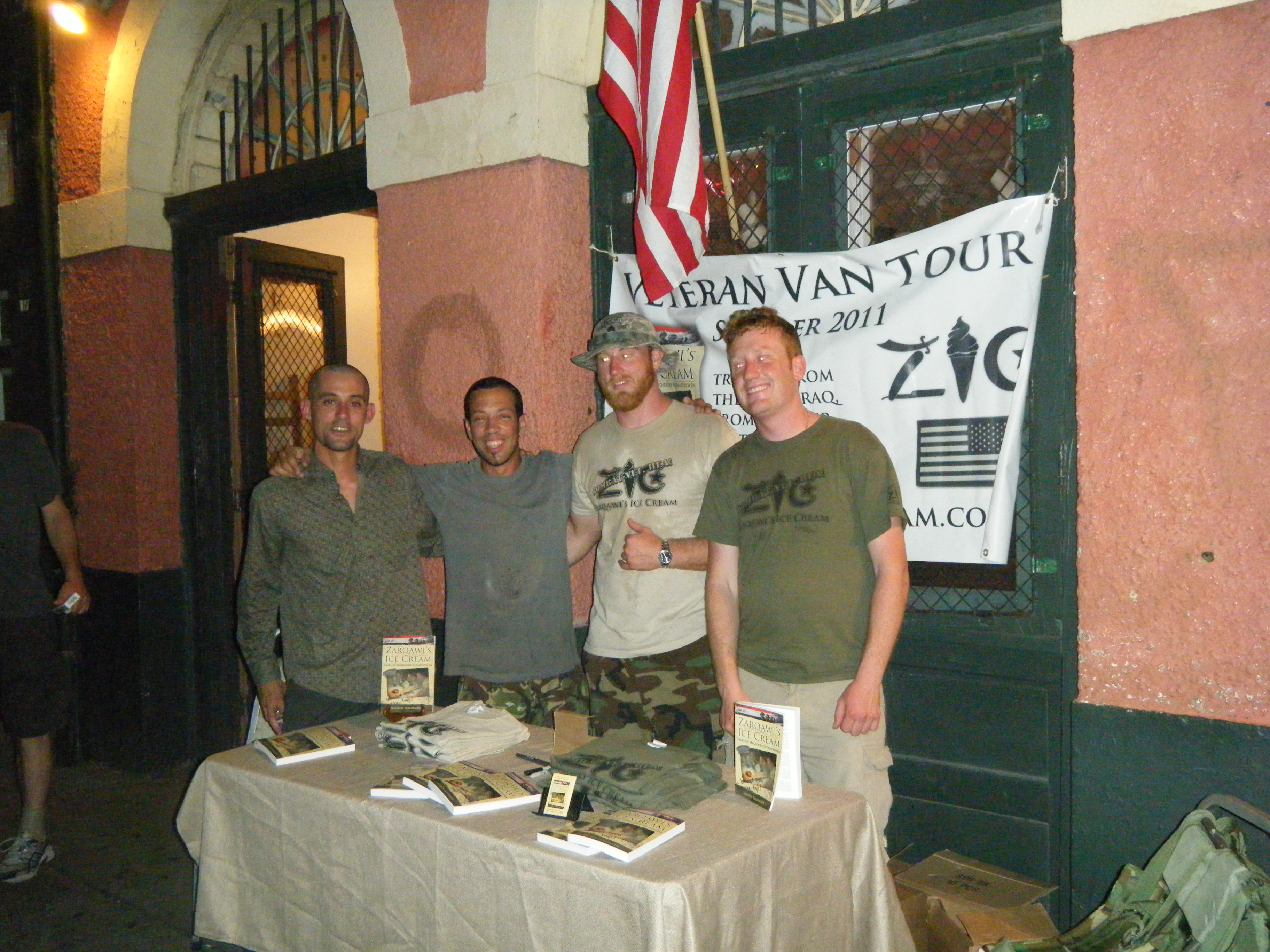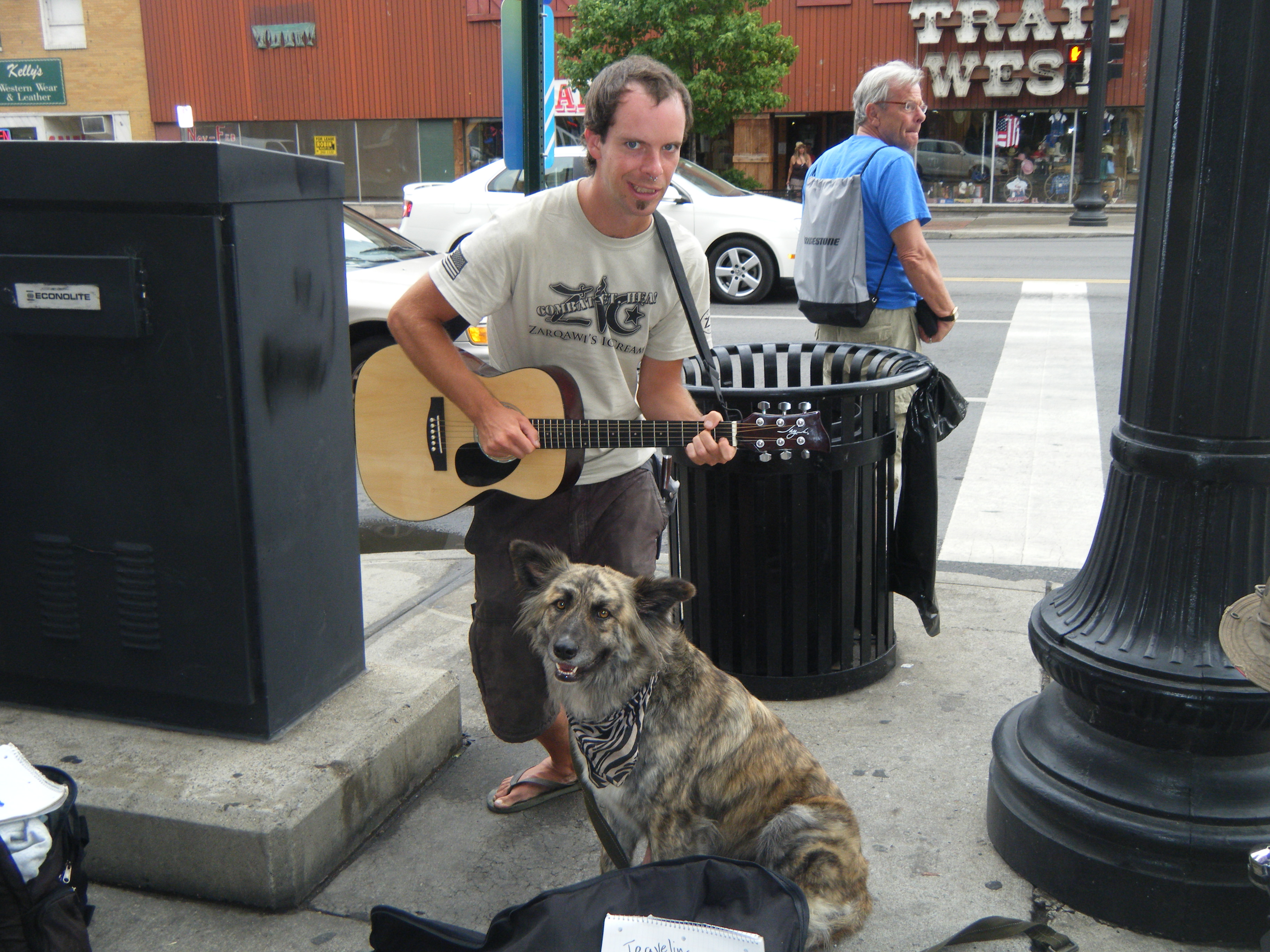Sevilla, Spain 2010
“Bumba! You souljah?”
“Yeah, I was a soldier.”
“When I yout’ I went to military
school.”
“Really John? You were in the…”
“I was in the Navy. Ees fun, but ees
crazy. Ya know?
John was in the Jamaican Navy
and speaks in reggae verse. I’m not sure when he is speaking and when he is
singing. He’s smoking a porro, a hashish and tobacco spliff. The sun is
setting in Sevilla and the air is getting cold.
“I always be getting in trouble with
the ganja. Late, never on time. The Bossman, he always be saying, ‘Hey Rudeboy…
why you come late?’” John hands me the porro.
“Ees hard to be Rastafari ‘n the
Navy. Ees not easy wear helmet over dread.” John laughs as he palms his dreads.
“The helmet, you know, they always be falling off I head when I run. Hey
Souljah, you shivering. You want jacket?”
“No thanks, I’m not cold.”
“I see Souljah…Always I irie, always
I in trouble. They say, ‘Hey rude boy! Why you so irie eye?’ In Navy, you need
be there when Bossman say. But Rasta no say, ‘Need be here’,
Rasta no care.”
“Working for the Man.”
“Always I in trouble… sometimes we
guard ship.” John gestures at a passing ship on the Guadalquivir river. “Why we
guard ship? Why this ship! Isn’t no one on ship. Why you tell me to guard ship?
You guard ship!”
“No one likes guard.”
“So we sleep, the Bossman, he sleep.
When Bossman no sleep he catch us, ‘Hey boy… do ten pushup.’”
“That’s his way.”
“Why I do ten pushup? You sleeping,
I sleeping. I no slave, youse big man, youse in charge. I know. Youse lion,
O.K. Why make me do pushup? It no prove nothing”
I can only nod.
“Ees crazy. Ees fun, but ees crazy”
An icy wind comes off the river.
Time for me to go.
“I miss it. ” John takes a final
drag of the porro, “I miss the bush life. Ees simple, ees hard, but ees
fun. It make a Rasta feel like a real lion. You know?” John flicks the roach
into the river.
A real lion, I miss that feeling.
“I love bush life. If no discover
Rastafari, no discover Jah I may still be Navy. But Jah no about taking life.
Jah no like Bossman tell what do. Rastafari ees simple, ees love. Rastafari, it
save me… you cold Souljah, why you no put jacket on?”
“I’m not cold.”
“Ees fun, but ees crazy. The bush
life. I miss it.”
Everyday.
“Lion be home in the bush.”
Always.



